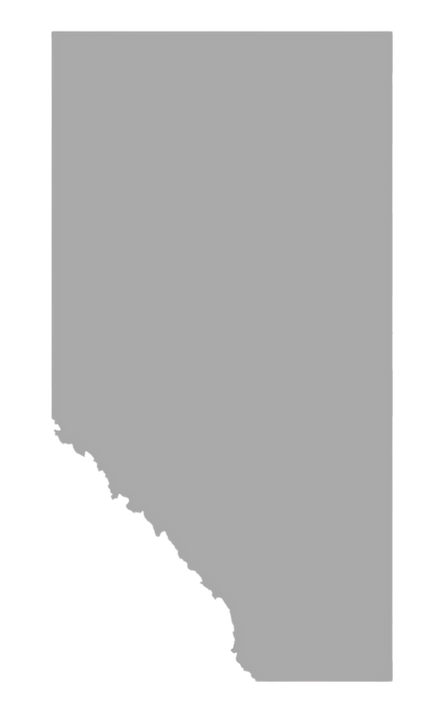
Dental Emergencies in North Edmonton
We offer emergency dental services for conditions that require immediate treatment. Contact us for instant first aid advice and determine the next step.
What Is a Dental Emergency?
Do I Need Emergency Dentistry?
Several factors may trigger dental emergencies. Sports injuries or even infections cause many emergencies. Some may even occur at home or in a restaurant. Pain is a common symptom of most dental emergencies. Many individuals choose to seek dental care only when they are in pain. However, discomfort appears after the condition has worsened in many situations. Taking immediate action when a severe case happens is crucial to preventing it from worsening, undergoing a painful procedure, or even paying expensive bills.
What is considered a dental emergency? Key Symptoms:
- Severe toothache.
- Knocked-out teeth.
- Badly cracked teeth.
- Lost dental restoration (i.e., fillings, crowns).
- Dental abscess.
- Severe jaw injury.
What Should I Do When Experiencing A Dental Emergency?
Here's a guide on how to manage dental emergencies until you can visit your dentist:

Toothache

Knocked out teeth

Badly cracked tooth

Lost dental restoration

Dental abscess

Severe jaw injury
If your jaw has been injured, do the following actions: Put an ice pack on your face and refrain from eating solid meals. Call us to find out what to do next. However, you should visit an emergency dentist if your jaw may be fractured.
Contact Us Today
to schedule an initial consultation & exam.
Your consultation will include an examination of everything from your teeth, gums and soft tissues to the shape and condition of your bite. Generally, we want to see how your whole mouth looks and functions. Before we plan your treatment we want to know everything about the health and aesthetic of your smile, and, most importantly, what you want to achieve so we can help you get there.



